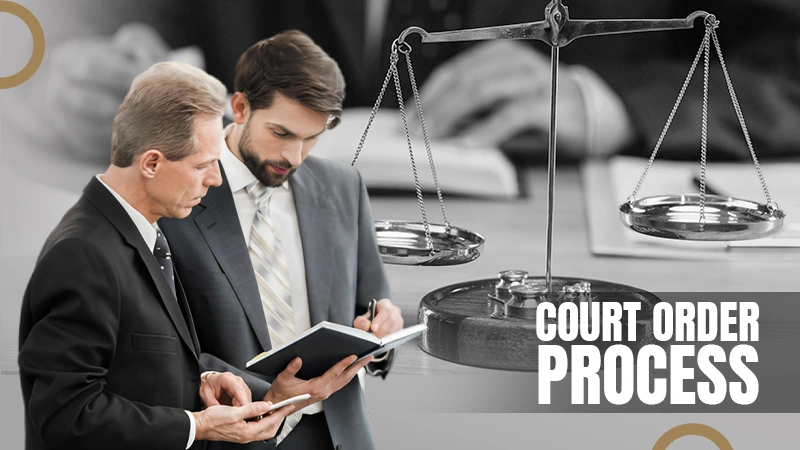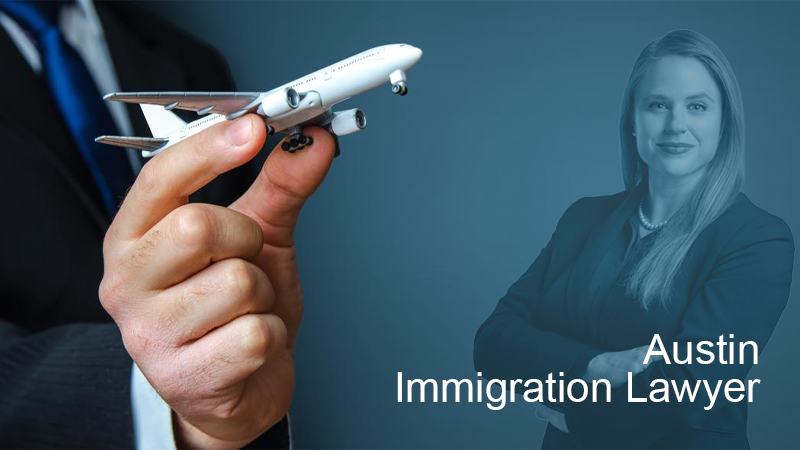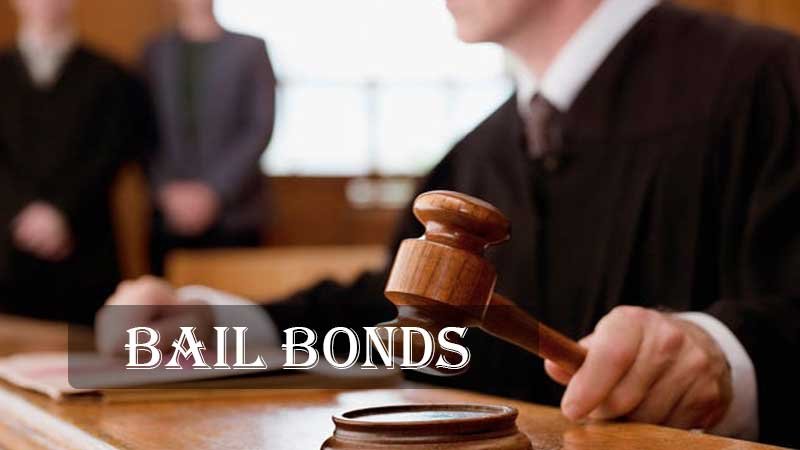Drug Trafficking Facts You Need to Know
Drug usage has been one of the most significant problems all over the world. Even today, many countries are facing issues with drug trafficking. Therefore, nations are trying and imposing laws to fight such a crime.
In regular terms, drug trafficking means to transport and sale drugs to its users. This ever-growing concern of today’s world must be minimalized as soon as possible. For this, it is crucial to know about drug trafficking facts so that stronger laws can be imposed.
Facts About Drug Trafficking in Canada
Drug trafficking has become a common and concerning problem in the world. In Canada, the issue is of great concern as well. According to section 2(1) of the Controlled Drugs and Substances Act, drug trafficking is considered to the sale and sharing of any drug substances.
Drug trafficking is to sell, administer, transfer, give, send, or deliver of the substance. So, you may even be convicted of drug trafficking when you share a joint with someone at a party.
Canada is currently experiencing an opioid epidemic. Many people are using and selling opium, fentanyl, heroin, and cocaine to earn a profit, which is a drug trafficking crime.
Statistics show that, In Canada, almost half of the people have used or involved in drug-related crimes at least once in their life.
If we dive into more detailed drug trafficking facts, data shows us that more males then females are involved with such crimes. Among the males, the majority are 20 to 24 years old.
In the year 2019, near 6 percent of grade 7 to 12 students have reported using dextromethorphan, a cough syrup, to get high. Almost 20 percent of people in British Columbia was involved with cocaine in the year 2017.
Since 1993, the police have been reporting an increasing number of drug trafficking offences. In 2007, the amount went up to more than 300 drug-related incidents per 100,00 population. This was the highest point in the last 40 years.
Among the provinces, British Columbia has reported the highest number of drug offences.
03 Types of Drug Trafficking
The act of drug trafficking can be orchestrated into 3 different groups. These are:
Freelance drug trafficking
The kind of people we usually see at our neighbourhoods supplying substances are freelance drug traffickers. They are not involved in group trafficking acts. There is no formal hierarchy where they operate.
Moreover, they also use these drugs themselves. Besides, they are often seen around the corner of the street or blocks and avoid police trouble through threats and look-outs.
Socially bonded drug trafficking
This type of action refers to the family business, race or ethnic, and communal activities of drug trafficking. People construct a small group together and sell drugs together.
The act of trafficking drugs through social bonds is quite organized yet not very formal. Moreover, they are confined within one area or a few localities to sell drugs. Furthermore, they are more violent and use threats and crime to survive and support one another.
Read this also: Are Personal Injury Lawyers Overpaid?
Corporate style drug trafficking
Like other businesses, the corporate style of trafficking drugs is to organize criminal groups to gain profit only. Their use of technology, methods, communication, process, strategy, and movement are very sophisticated and maintain the hierarchy.
There are employee recruitment, corporate security, and a complete structural procedure to conduct drug-related business. A corporate-level drug trafficking business is usually known as “Cartels”.
Drug Trafficking Offenses
A legal offence of selling, transporting, and carrying drugs can vary from different activities.
Firstly, a person cannot produce and process drugs without lawful authority. Without legal acceptance, the production of drugs is considered an offence that can lead to imprisonment of up to 10 years.
Secondly, the unlawful production law applies to unauthorized import and export of substances as well. Such acts can cause imprisonment up to 20 years if proven. Furthermore, using any personal or public property to grow drugs is also prohibited and considered as a serious legal offence.
Finally, unlawful involvement in buying, selling, and transporting substances can result in a legal conviction. In addition, being an indirect part of drug trafficking is a serious crime. Eventually, this may lead to many years of imprisonment as well.
Dealing with Alleged Drug-Related Offenses
When you are charged with any drug-related offence, it is crucial to have an idea about what to do. The most general defence against drug-related charges is arguing about the violation of your Charter rights.
The Canadian Charter of Rights and Freedoms is a part of your constitutional rights. The police must respect the rights of citizens while investigating crimes.
In addition, an accused can display arguments on their knowledge of carrying or transporting drugs. They can argue that they were not aware of such possession. Nevertheless, it is always recommended to consult a criminal lawyer Winnipeg to deal with such matters.
Conclusion
Drugs are one of the most harmful substances in the world. However, crime related to drug trafficking is still on the increase. The drug trafficking facts are ever-changing, which indicates how world leaders are failing to cope-up with the solution of the challenge.
Follow Us
Latest Post
















